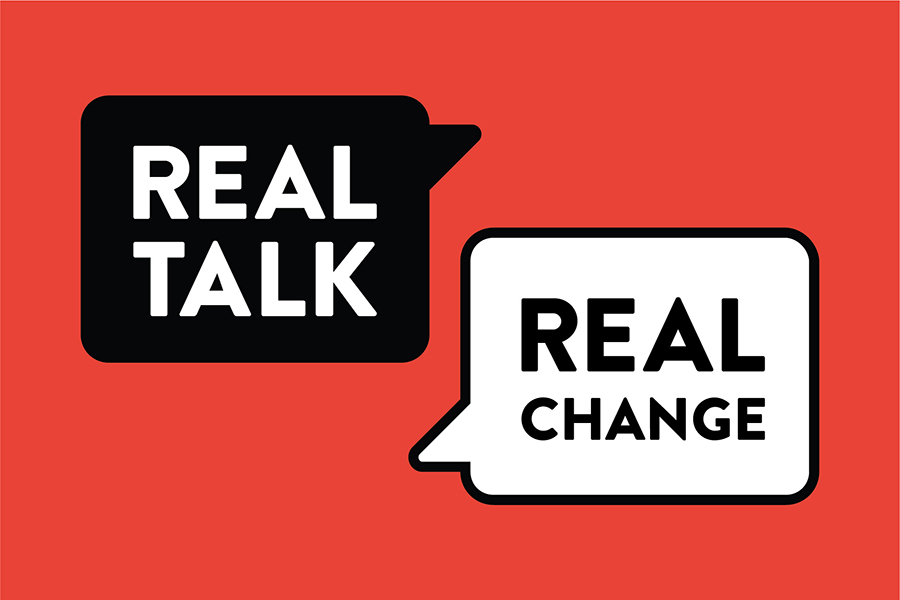
Addressing racism in our school communities needs to happen right now.
So it was no surprise when over 200 concerned K-12 educators, UW faculty, students, parents, and community members joined the first event in the Real Talk for Real Change symposia series on August 27 to hear from a panel of local education stakeholders. The symposium, “Leading Antiracist School Communities,” was hosted by LaVar Charleston, a clinical professor in the Department of Educational Leadership and Policy Analysis and Associate Dean of the new Office of Equity, Diversity, and Inclusion (OEDI) in the School of Education at the University of Wisconsin–Madison.
Watch the video of “Leading Antiracist School Communities” here:
“Like many of you, we are devastated by the lack of care, human decency, compassion, and empathy for the lives and health of Black bodies and other folks of color,” said Charleston. “We’ve been exposed to this disregard, disrespect, and violence all too regularly through social media. This terrible reality has plagued our society for generations and racial injustice is a construct we must continuously and collaboratively work to eradicate.”
He continued, “Real change happens only when there’s both action and accountability. But in order to do so, we must eliminate our blind spots.”
Educators and others may find themselves avoiding talking about race and racism. Charleston said it is usually due to discomfort, conflict avoidance, or a need for skills that people may lack.
But we also need to be brave to create change.
“We need to spend more time on the communities who haven’t been served and less time on what the naysayers think, how they feel,” said Anjalé Welton, a panelist and professor in the Department of Educational Leadership and Policy Analysis.
Charleston closed the event with some clear ways to take action.
“Challenging our assumptions, diversifying our curriculum, diversifying our bookshelves, collaborating with more people of color, working in our community with people of color, and asking questions when confronted with challenging racist ideas, actions, and/or ideology.”
Racial injustice has been made increasingly visible via COVID-19—which harms Black, Indigenous, and People of Color (BIPOC) at disproportionately high rates. The next Real Talk for Real Change event focuses on the very topic of health equity.
All members of the public are welcome to join us for the second Real Talk symposium, Advancing Health Equity in the Era of COVID-19, on Oct. 1 from 3-5 p.m. CDT. Register here.
